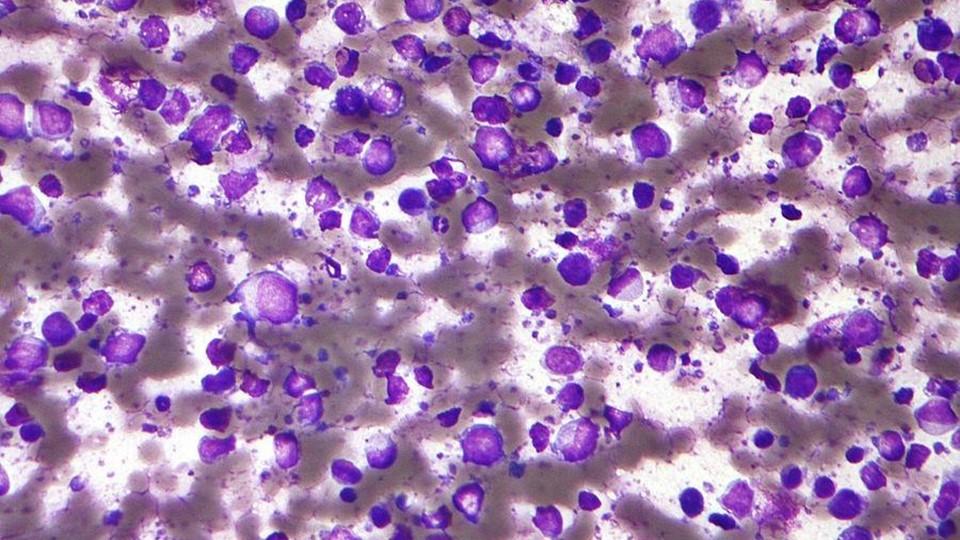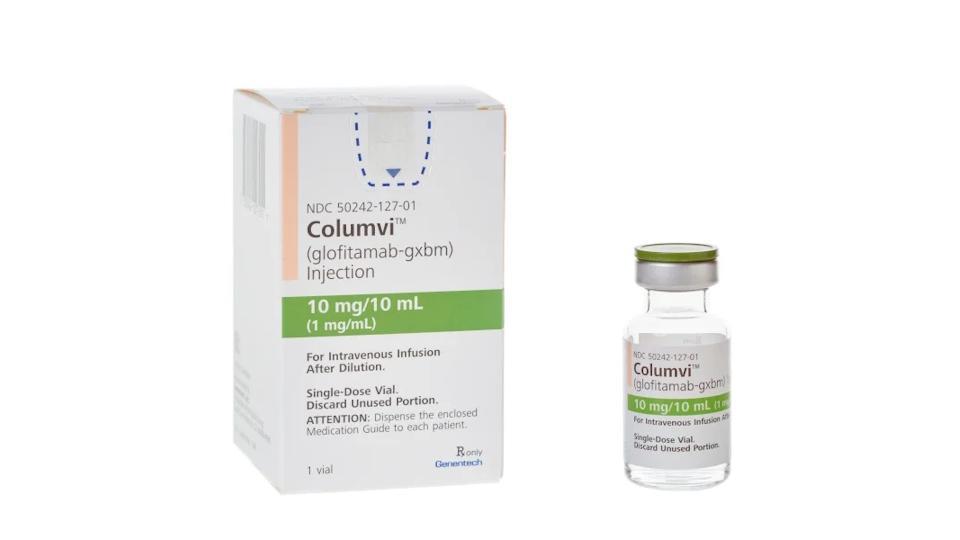MSD starts pivotal trial of ROR1 drug in first-line lymphoma

MSD has started a phase 3 trial of ROR1-directed zilovertamab vedotin (zilo-V) as a treatment for previously untreated diffuse large B-cell lymphoma (DLBCL), cementing the antibody-drug conjugate's position at the forefront of experimental therapies against the emerging target.
The waveLINE-010 study is comparing zilo-V in combination with rituximab plus cyclophosphamide, doxorubicin, and prednisone (R-CHP) to rituximab plus cyclophosphamide, doxorubicin, vincristine, and prednisone (R-CHOP), in this common form of non-Hodgkin lymphoma (NHL).
Zilo-V was added to MSD's pipeline when it bought VelosBio for $2.75 billion in late 2020, as part of a drive to build its ADC pipeline, which has since ramped up even further via licensing deals involving Daiichi Sankyo and Kelun-Biotech.
The decision to move the drug into pivotal trials in this indication follows encouraging data in the phase 2 waveLINE-007 study reported at last year's American Society of Haematology (ASH) conference, which showed that the regimen achieved a 100% complete response rate in 15 patients treated with the best performing dose of the ADC.
Most patients (93%) had a duration of response of at least 12 months at the 1.75mg/kg dose of zilo-V, which is what will be tested in the new phase 3 trial, whose primary endpoint will be progression-free survival (PFS), with overall survival among secondary outcome measures. The ADC was associated with dose-limiting toxicities at higher levels, including severe diarrhoea, pneumonia, and febrile neutropenia.
Along with waveLINE-010, MSD (known as Merck & Co in the US and Canada) is also running the phase 2/3 waveLINE-003 study in relapsed or refractory DLBCL.
ROR1 is a cellular protein normally found in embryonic tissues, but absent in adult tissues. It does, however, occur in some malignant cells, raising the prospect of using it to deliver targeted cancer therapy. It is thought to inhibit programmed cell death (apoptosis) that should occur when cells become defective and has been associated with a wide range of solid tumours and haematological cancers.
Zilo-V is one of several anti-ROR1 drugs coming through development, along with CStone Pharma's ADC-based CS5001, which recently started an international phase 1b trial, NovalGen's ROR1xCD3 bispecific antibody NVG-111, and Ipsen/Sutro Biopharma's ADC STRO-003.
Another candidate from Boehringer Ingelheim's 2020 takeover of NBE Therapeutics (NBE-002) has been discontinued, along with CAR-T therapies from Lyell and Oncternal, on toxicity issues.
DLBCL accounts for up to 30% of all NHL cases worldwide, with around 25,000 diagnosed in the US each year. The five-year relative survival rate for this form of lymphoma is 60% to 70%.












